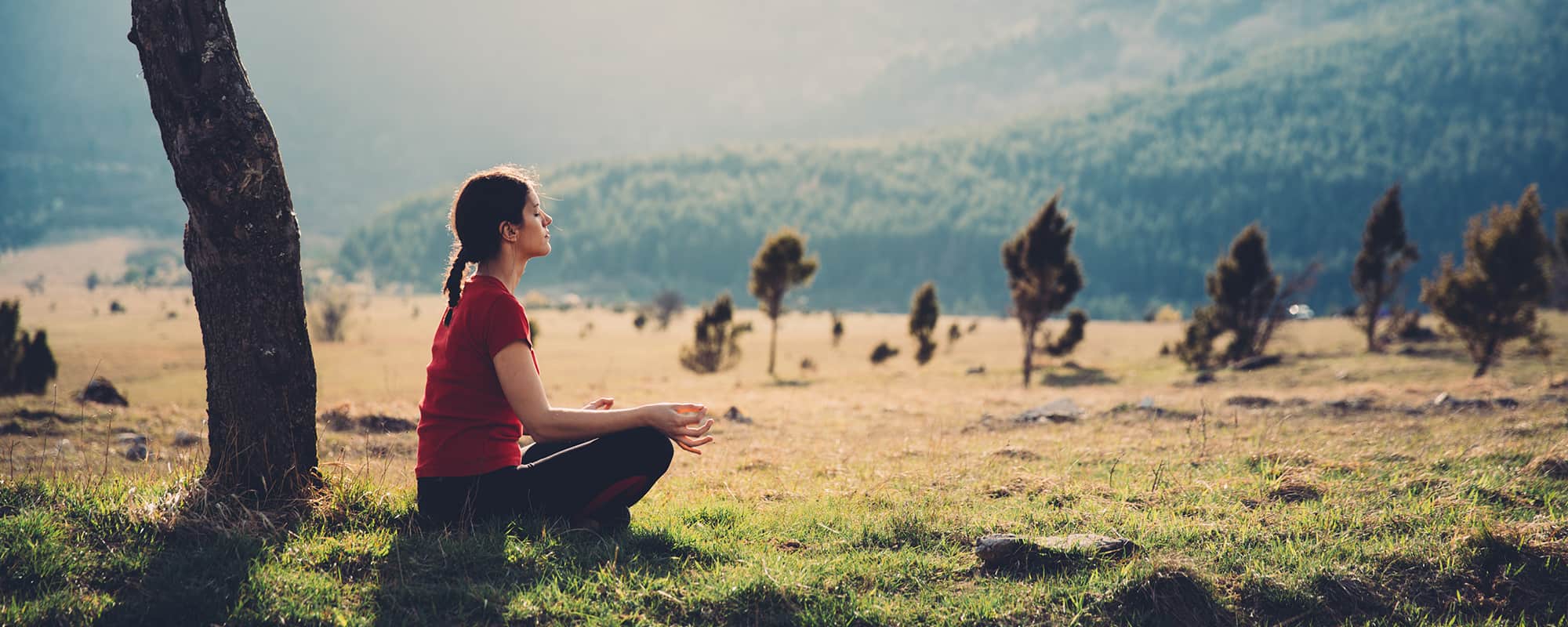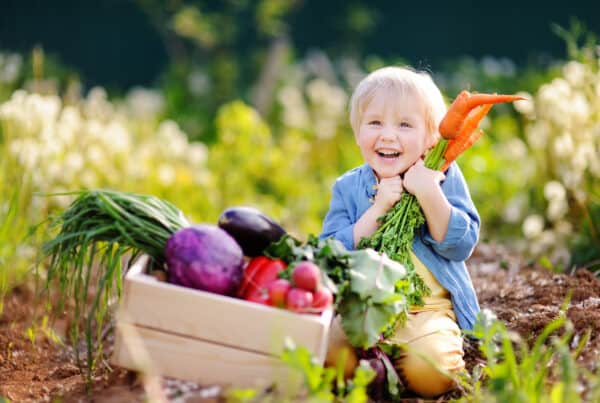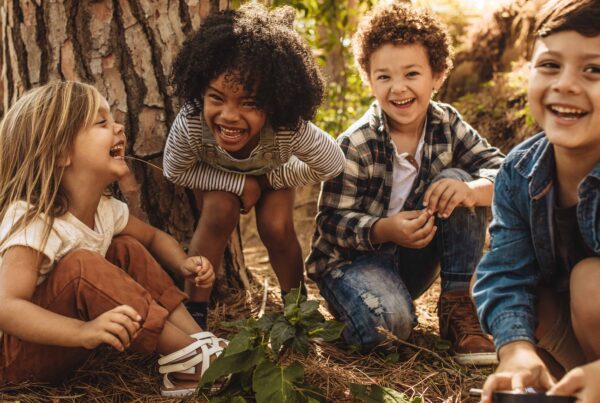When you ask someone, “what do you want from life?” Many times they will answer with “I just want to be happy”. But as the old adage goes, happiness is fleeting. Happiness, like any other emotion, is finite and not sustainable. Contentment however, is a state of satisfaction that transcends the allure of basic needs and desires.
The search for happiness is the belief that when we have the freedom, knowledge or opportunity to achieve things in life that we want, crave, desire and need- then we will be happy.
However this pursuit of happiness is something that many people fall into searching for their entire lives, looking for things outside of themselves to make them happy like the ideal house, partner, job, car, and belongings and we believe that when we have these things- we will be happy. The funny but not funny thing is, that many people achieve all of these ‘things’ and are still not happy and it makes their pursuit of happiness even more confusing.
Happiness, like any other emotion, is finite and not sustainable.
Contentment however, is a state of satisfaction that transcends the allure of basic needs and desires.
Happiness is short term, where contentment is a state of being.
To dive deeper on this topic, we invited Daniel Cordaro onto the PakMag Parents Podcast. He is the founder and CEO of the Contentment Foundation, a non-profit organisation that supports the mental well-being of schools around the world.
What is contentment and how does it differ from happiness?
Happiness is great, it’s a mascot for all positive emotions. If you’re feeling elated or proud, you’ll likely say that you’re happy. Happiness is used to describe a feeling of good mood, and often it’s something we want or desire. We feel that when we achieve or obtain this item, we feel a sense of happiness.
When we attain more material wealth, prestige, power, validation, these things tend to make us happy which is great, it feels great to have more in our lives. However there is another side to wellbeing, it is directed inward, and has nothing to do with what’s going on outside.
It permanently resides within us – its total acceptance cultivated within, and that is contentment.
Do you think we have been conditioned to believe we need more, despite already having so much?
I read this statistic from the Red Cross that states – “If you have food in the refrigerator, clothes on your back, a roof over your head, and a place to sleep… then you are richer than 75 percent of this world. If you have money in the bank, in your wallet, and spare change in a dish someplace… then you are among the top 8 percent of the world’s wealthy!” It puts things into perspective, doesn’t it?
We’re all searching for more meaning, but in reality we sometimes need less to feel better. When we teach this stuff in the real world to teachers, executives, to parents and kids, there’s usually this sense of relaxation or relief. Sometimes, taking a moment and simplifying things and getting rid of all the complexities of accumulation, and just resting into where we are right now in the moment is one of the greatest gifts that you can give to yourself.
‘The More Strategy’ and ‘The Enough Strategy’ were identified by your research team at Yale – can you explain them and their significance when it comes to our wellbeing?
At the end of the day you have these two categories of practices, the more approach, and the enough approach. If you have a nice balance between them, people generally feel really good in their lives, and overall feel like they’ve found the wellness that they’ve been looking for.
I know people who seem to get the rough end of the stick and would question why they should be content – what advice do you have for people who are experiencing hardship and repeated trials? How can this mindset help them?
There can often be confusion when people hear the word contentment. It sounds like ‘I should be complacent’, but contentment is anything but complacency. It’s actually one of the most challenging states to cultivate. When we’re in a true state of contentment, we’re recognising all of the emotions that come up as they come and go.
So when we’re in states of feeling angry or sad or afraid or anxious, when we’re accepting those emotions as they are, we’re actually feeling them fully and doing our best to understand why. They help us understand the world around us, and contentment helps us refine the way that we manage and regulate our emotions.
So if you’re in a place where you know you’re kind of down in your luck or things have been tough lately, and you’re in a state of contentment. It means you’re able to hold all of the unpleasantness that you’ve been experiencing, and use it to think of new ways to move forward and better your life. It gives you an accurate representation of what’s happening right now in the moment, so that you can make better decisions moving forward.
So in many ways contentment is a highly active state where we’re constantly assessing how we’re feeling and being honest and vulnerable. That is how contentment can really add value to people’s lives, it’s a great tool for navigating the world around us.
What tips do you have for cultivating Contentment?
You’re just awesome the way that you are. Advertisers, pop culture, and media constantly tell us that we’re not good enough or worthy, or you’re less than, and that’s simply not true. You are absolutely extraordinary as you are. And when you start to direct your attention inward, you’re going to see how rich you are, how your mind works, how helpful your emotions are, how big your heart is, allow all of these states to come through and make good decisions about what you’re doing in your life.
Podcast: For more on this topic with Daniel, tune into Episode 123 of the PakMag Parents Podcast at www.pakmag.com.au/podcast
Resources and tips for finding contentment
- Read The Happiness Trap Book
- Write in a gratitude journal
- Share what you are grateful for every night at dinner
- Enjoy the simple things in life
- Live in the moment
Daniel Cordaro, Ph.D. is the founder and CEO of the Contentment Foundation, a non-profit organisation that supports the mental well-being of schools around the world.
The Contentment Foundation offers child and adult wellbeing courses to schools internationally. He previously worked at the Universal Expression Project at UC Berkeley, where he earned his Ph.D. in Psychology and Master’s Degree in Organic Chemistry. While there, he led a massive global team that decoded the human language of emotional expressions across over a dozen cultures.





